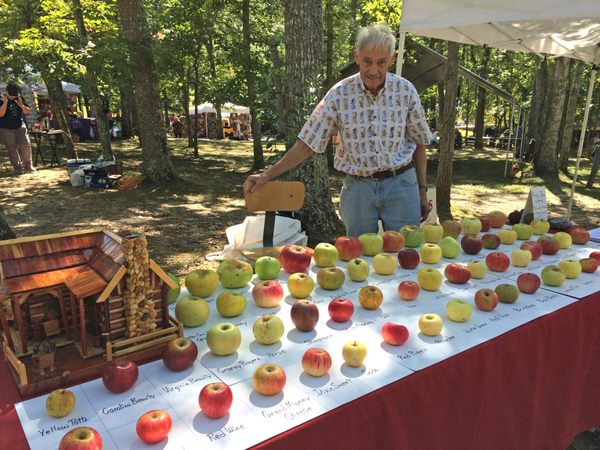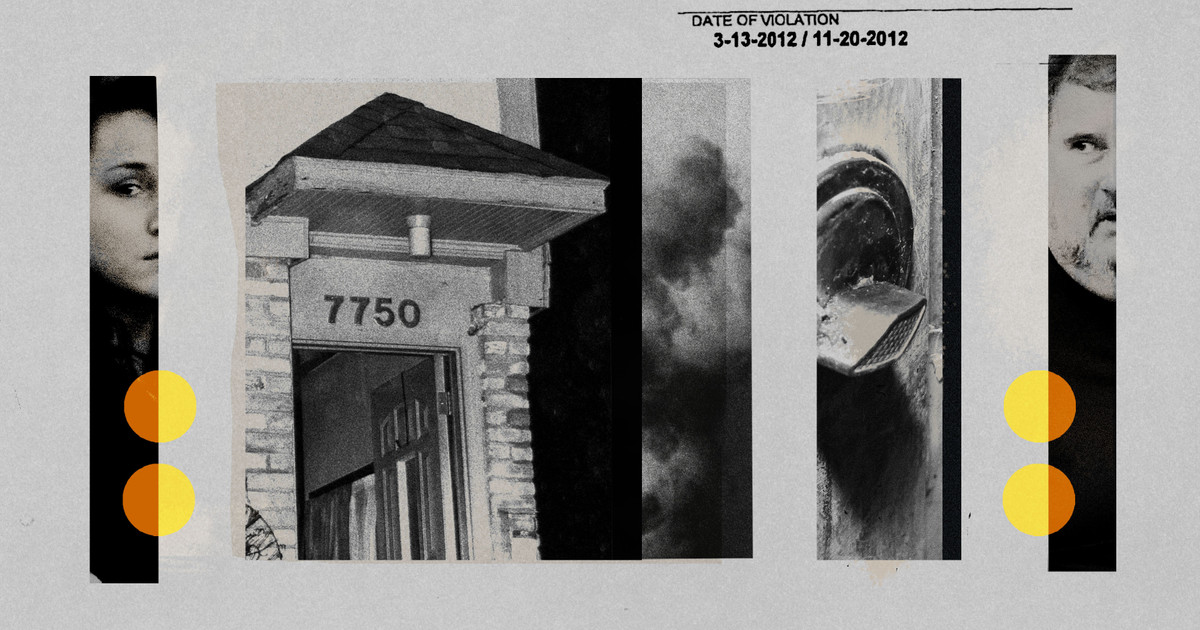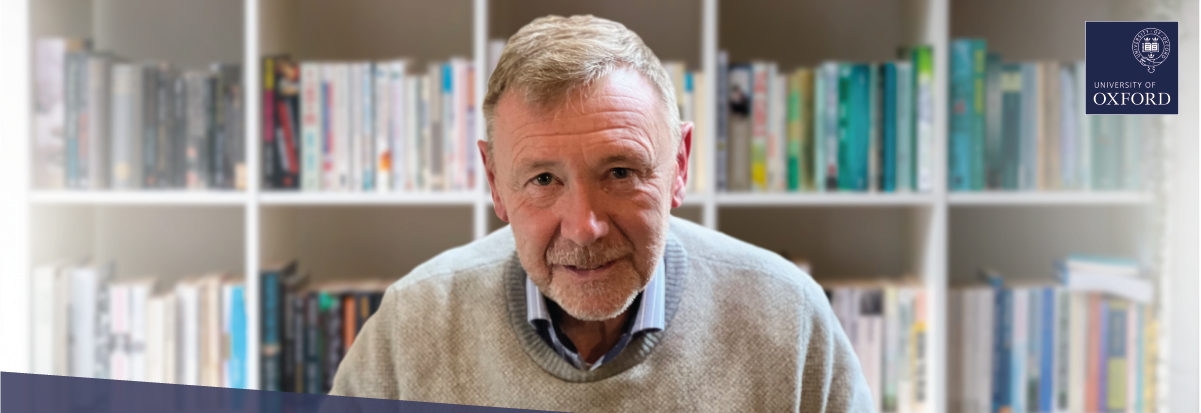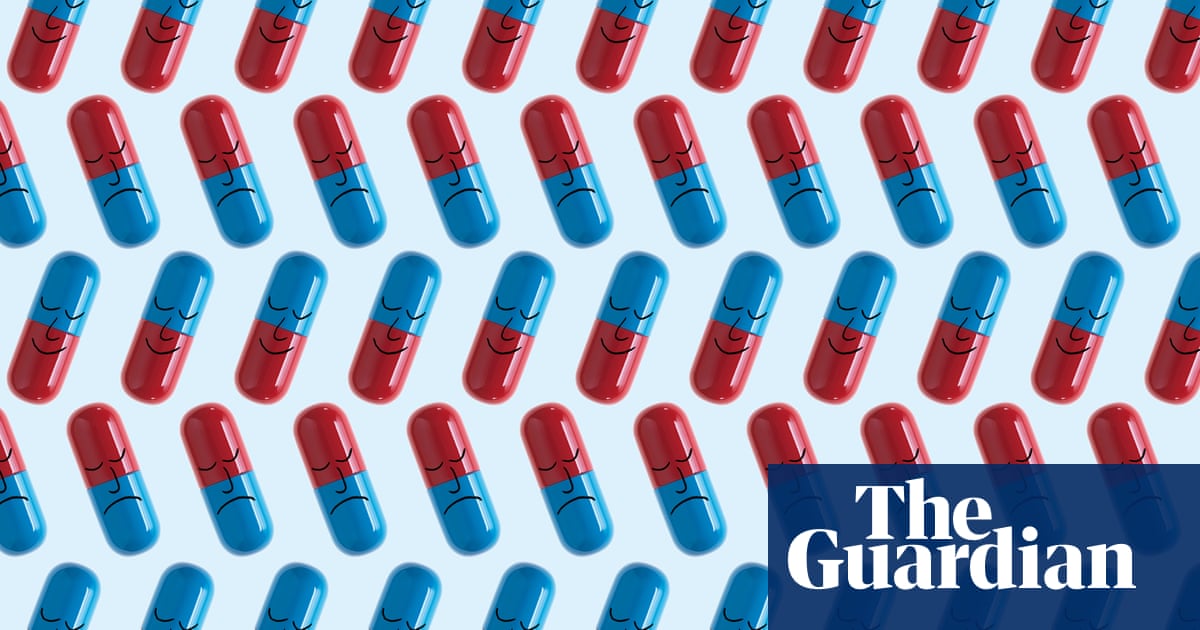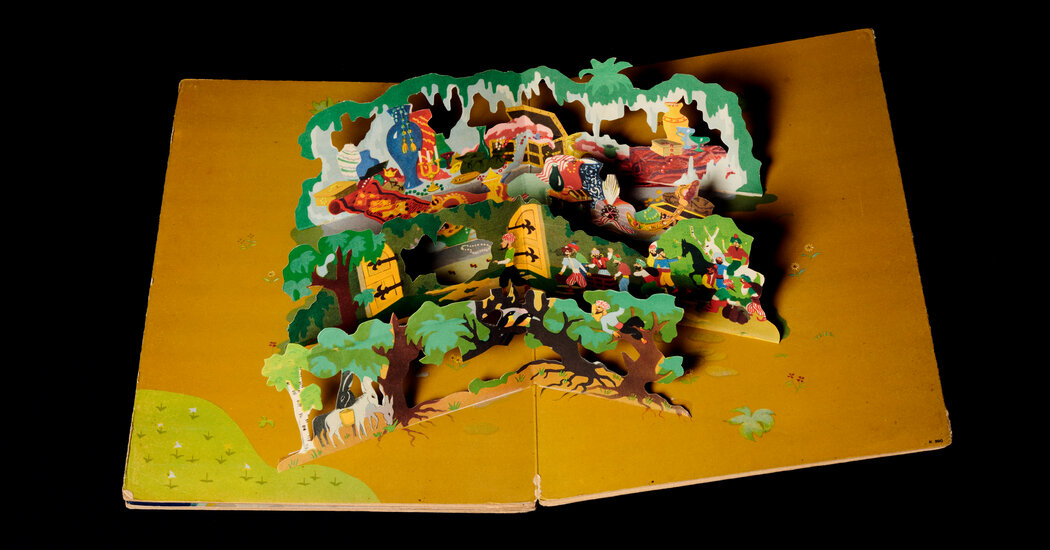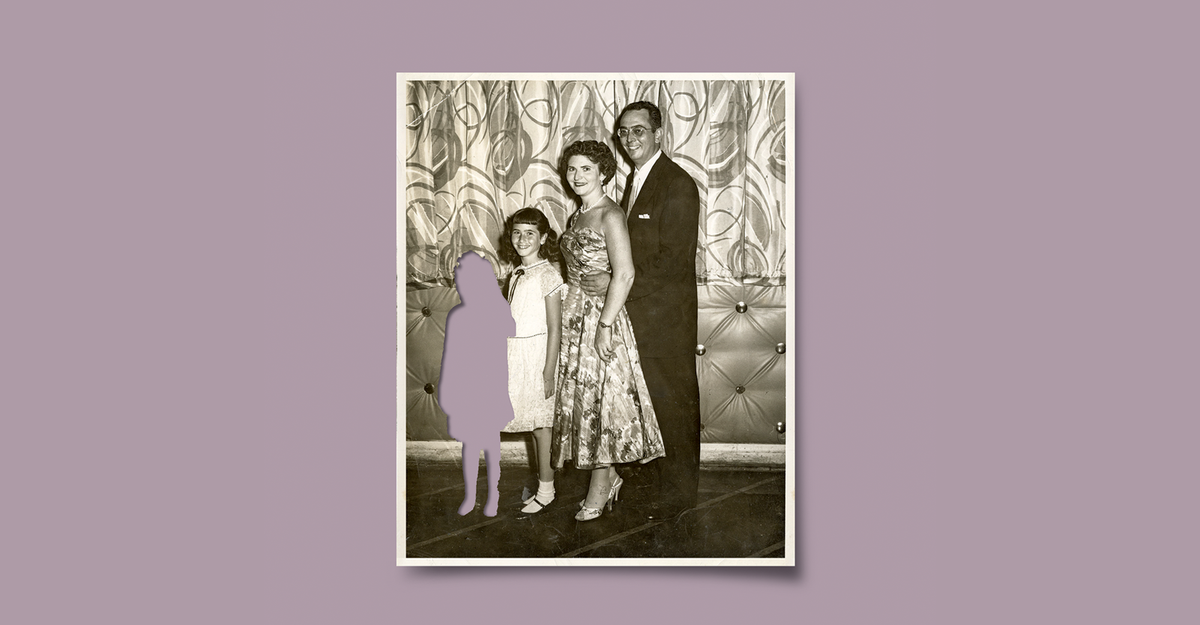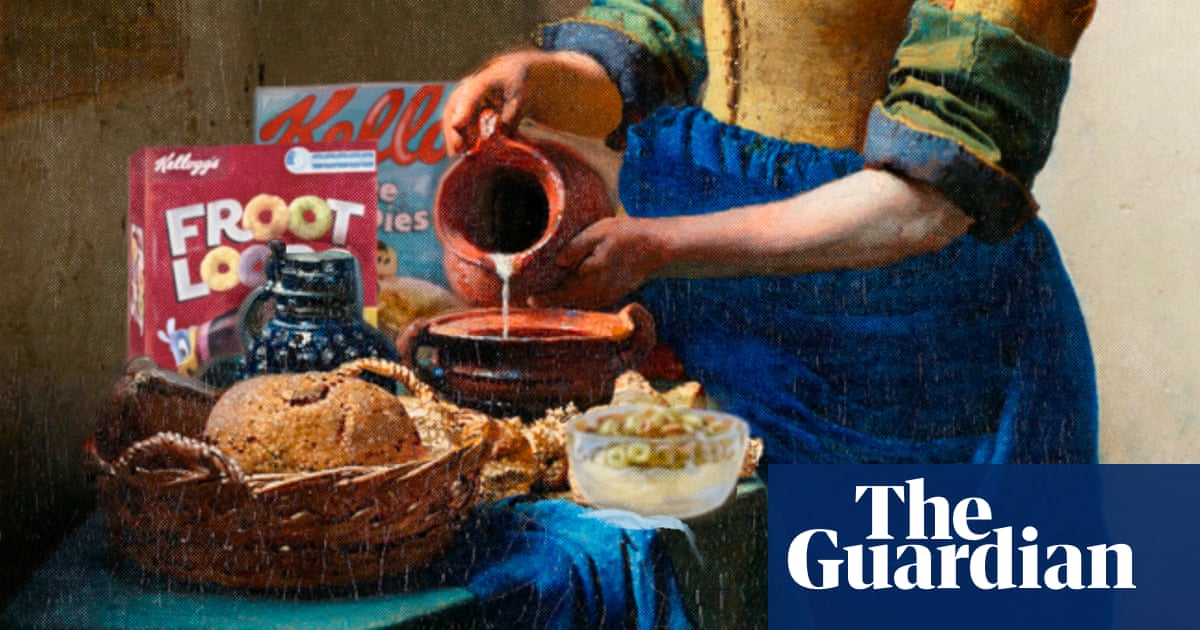If you ever heard what Red Skelton said in his final performance, you’d understand why so many still hold him close to their hearts. That night in Atlanta, the legendary clown gave the world one last show—full of laughter, nostalgia, and unexpected heartbreak. He brought back his most beloved characters—Freddie the Freeloader, the silly seagulls, and more—each one greeted like an old friend. The room was alive with joy, as it had been so many times before. But near the end, something changed.
With about fifteen minutes left, Red gently paused. He stepped forward and held Freddie’s tattered brown hat in his hands. The audience grew quiet. For a moment, he wasn’t a performer. He was a man with something urgent to say. In a soft, steady voice, Red spoke about how comedy had changed. He spoke with sadness, not bitterness. He said comedy was once gentle—meant to lift people, not tear them down. He grieved how laughter had lost its innocence.
That night, Red Skelton didn’t ask for applause—he made a plea. A plea to hold onto what he called “clean comedy.” The kind that didn’t rely on cruelty or shock to get a laugh. The kind he had devoted his entire life to. His voice broke slightly as he said it: we must protect that kind of laughter. We must never forget how to be kind and still be funny. It was a call not just to his audience, but to future generations of entertainers.
As the curtain fell, Red bowed his head—not just as Freddie, or as a clown, but as a man who had carried a torch for something rare and beautiful. His last words on that stage weren’t a joke, but a gift. A reminder that laughter, when done with love, can heal hearts. And that true comedy—the kind that respects both the performer and the audience—is never out of style.

 www.theatlantic.com
www.theatlantic.com





